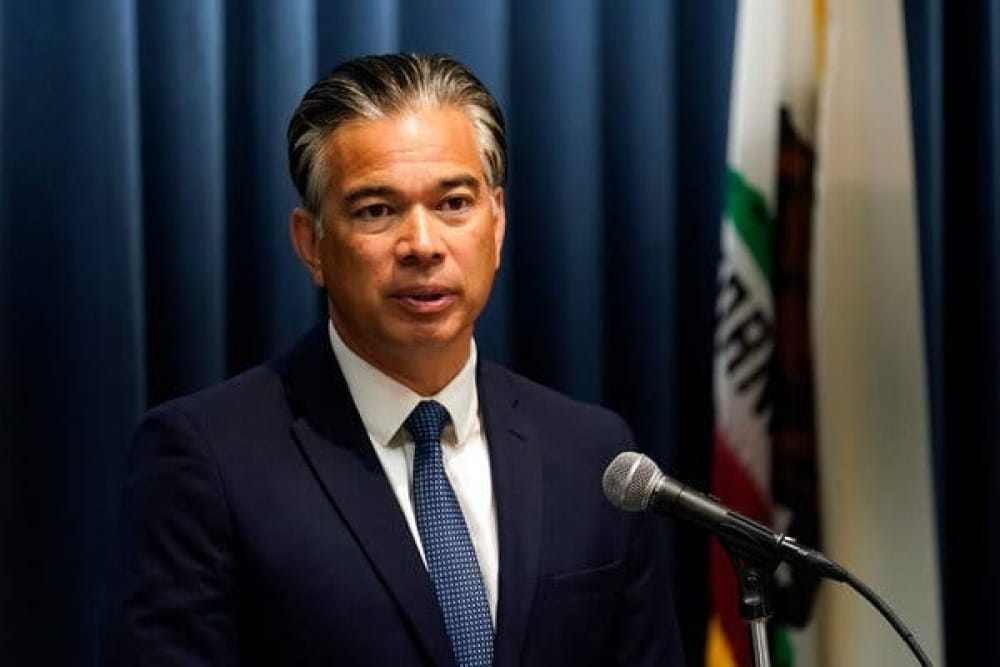California Attorney General Under Scrutiny

It was a vision designed to bring much-needed renewable energy and union jobs to West Oakland, a region burdened by air pollution and economic struggles. The pitch, centered around the construction of a biodiesel plant that would transform grease and vegetable oils into renewable fuel, captured the attention of then-Assembly Member Rob Bonta. West Oakland, home to the Port of Oakland, seemed like the perfect location for such an initiative, and Bonta appeared ready to champion the cause.
However, a decade later, the promise remains unfulfilled. After an investment of nearly $700,000 in state funds, secured through Bonta’s efforts, the land where the plant was supposed to rise remains vacant. The company behind the ambitious plan, Viridis Fuels, no longer exists. This series of events has now become a point of scrutiny for Bonta, who currently serves as California’s Attorney General and is considering a potential run for governor in 2026.
Support The Journal
SupportSection 1: The Unfolding of the Viridis Fuels Project
In 2014, Viridis Fuels, co-founded by Oakland businessmen Mario Juarez and Kathy Neal, appeared poised to launch what was described as “America’s most visible biodiesel plant.” The plan promised not only green energy but also job creation, a key selling point to local leaders. Bonta played an instrumental role in securing a $3.4 million grant for the project from the California Energy Commission (CEC), paving the way for the potential economic and environmental benefits the plant could provide.
However, by the time the company secured the funding, troubling signs were already evident. Juarez, the driving force behind Viridis Fuels, was embroiled in financial difficulties, including a personal bankruptcy case in which he owed nearly $900,000 to creditors. Two of these creditors had sued him for fraud, accusing him of misusing investments intended for the biofuel venture. Despite these red flags, the state awarded Viridis Fuels the grant.
